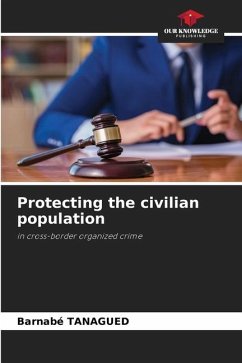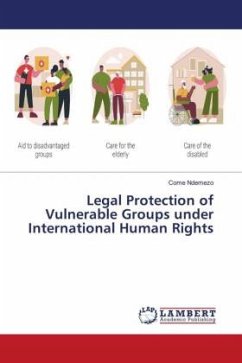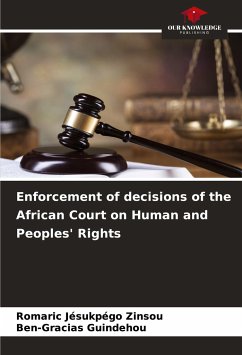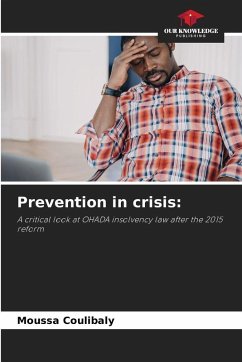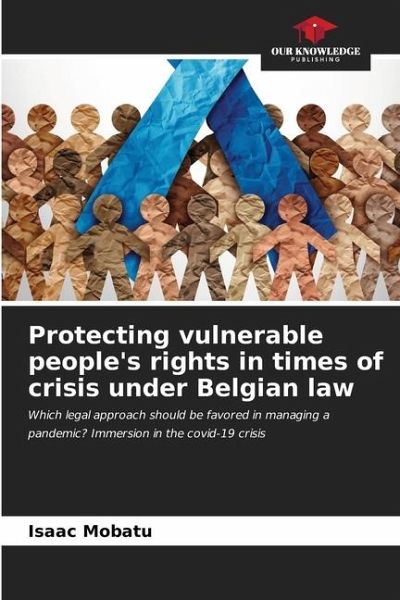
Protecting vulnerable people's rights in times of crisis under Belgian law
Which legal approach should be favored in managing a pandemic? Immersion in the covid-19 crisis
Versandkostenfrei!
Versandfertig in 6-10 Tagen
29,99 €
inkl. MwSt.

PAYBACK Punkte
15 °P sammeln!
With a view to protecting the lives and health of its citizens, Belgium has adopted measures whose effects have not been felt equally by the entire population. Vulnerable people have been disproportionately affected by these measures. One of the reasons for this is the absence of a legal approach that integrates the need to take vulnerable people into account in the decision-making process. By way of illustration, covid criminal law has bitten homeless people more than citizens with a fixed abode. It is for this reason that this study sets out to demonstrate the limits of an approach based sol...
With a view to protecting the lives and health of its citizens, Belgium has adopted measures whose effects have not been felt equally by the entire population. Vulnerable people have been disproportionately affected by these measures. One of the reasons for this is the absence of a legal approach that integrates the need to take vulnerable people into account in the decision-making process. By way of illustration, covid criminal law has bitten homeless people more than citizens with a fixed abode. It is for this reason that this study sets out to demonstrate the limits of an approach based solely on the need to protect life and health, and on respect for the principles of legality and proportionality. This study demonstrates that a human rights-based approach to crisis situations should also include consideration of the vulnerable as an indestructible pillar.



